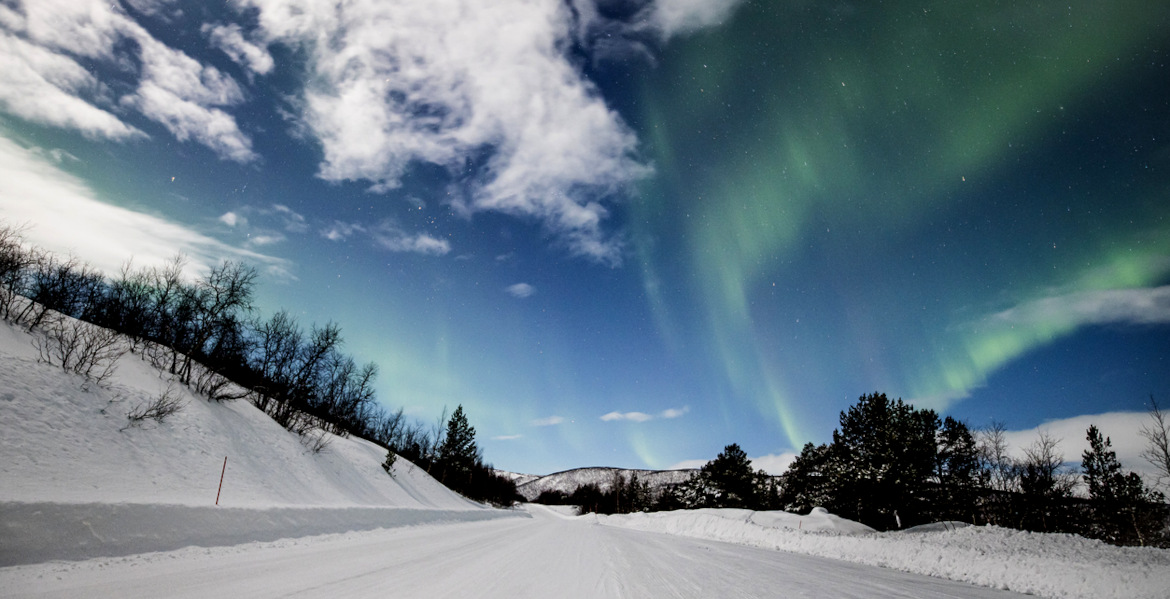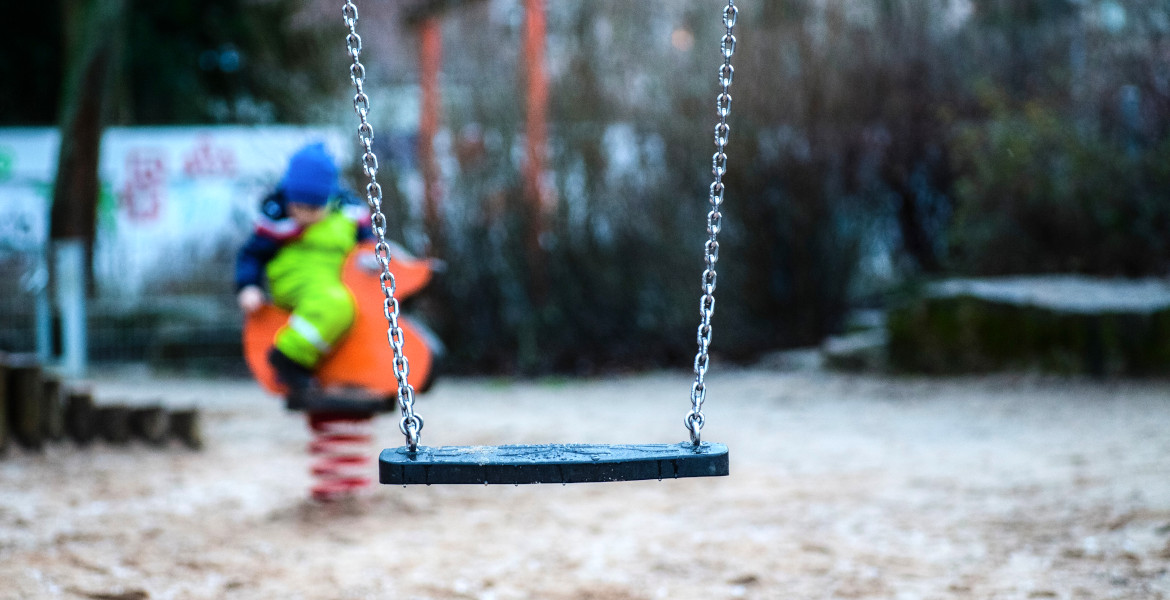Fewer and fewer newborn babies are baptized in Finland. During the 2000s, the number of babies baptized in the Finnish Evangelical Lutheran Church has almost halved.
The number of newborns baptized has decreased by about a thousand per year in recent years, the Finnish state broadcaster Yle reports. In 2021, the trend was broken and more children were baptized, probably because many baptisms were postponed during the coronavirus crisis.
In 1965, when the Evangelical Lutheran Church of Finland started keeping statistics, around 75,100 children were baptized. In 2000, 50,300 children were baptized, and last year the number was down to 26,600. Until September this year, 15,765 children have been baptized.
In 2023, 64% of Finland's population belonged to the Evangelical Lutheran Church, a proportion that has been declining as more people secede and other religions grow in the country. However, the number of church members can be reflected in the number of baptisms performed: for example, in 2023, 61.5% of newborns in Finland were baptized.
Some people choose to be baptized later in life, for example at confirmation. Last year, 1 200 people were baptized at confirmation, which is a slight increase compared to the year before.




